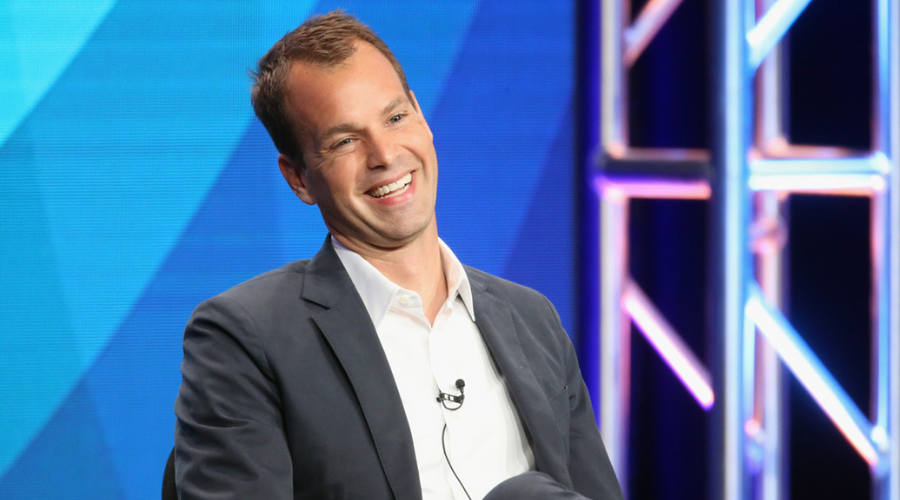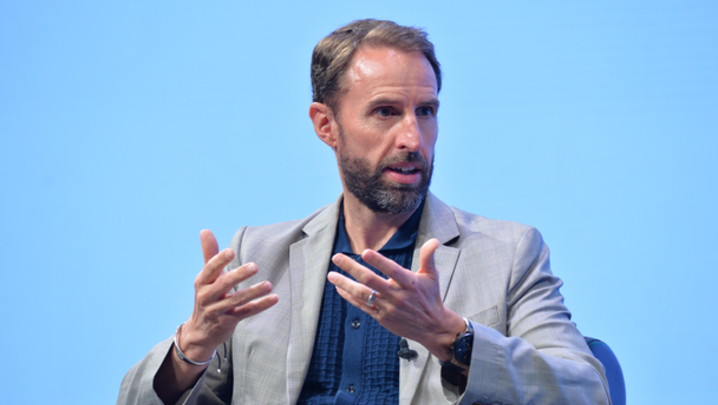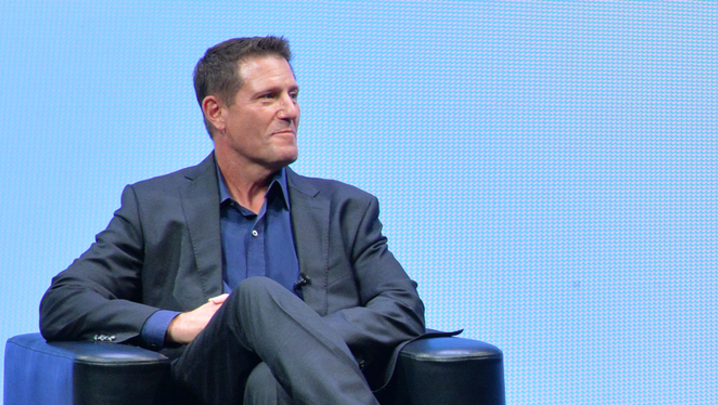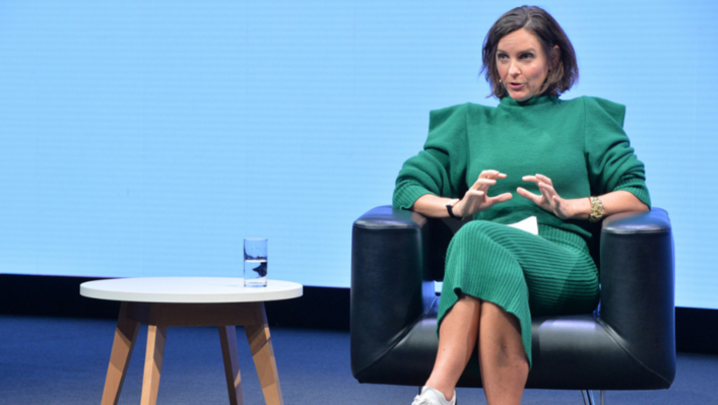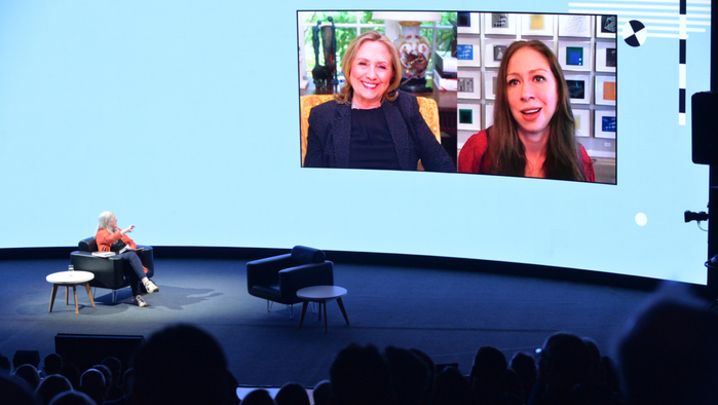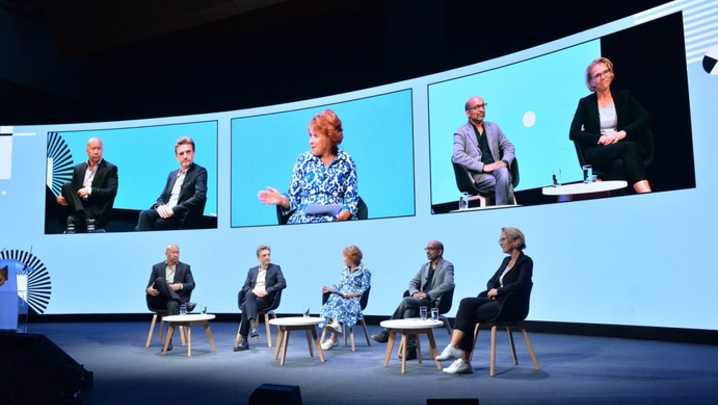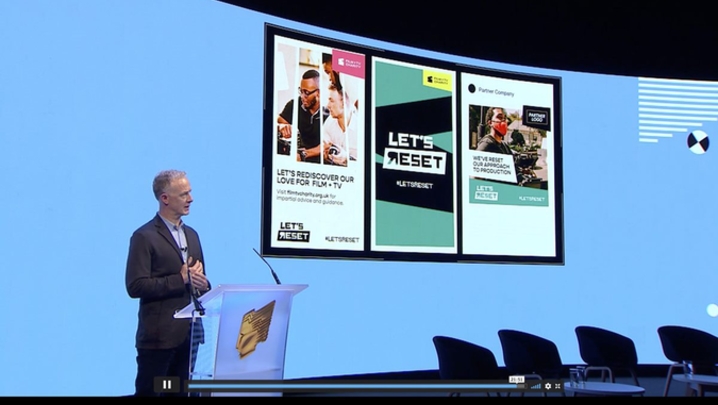With HBO Max preparing to enter much of Europe, the company’s content chief is keeping his options open on a UK distribution deal
HBO Max, which launched in the US in May 2020, is set to roll out across Europe. The streaming service is scheduled to arrive in the Nordics and Spain this month, with other European countries to follow in the first quarter of 2022. But the UK is not included, because HBO content – including big-hitters such as Succession, Gangs of London and The White Lotus – is distributed exclusively via Sky until 2025.
“We’ll see what happens at that point, but it’s been a great way for us to get HBO programming in the UK – it’s been a very happy collaboration,” said chief content officer Casey Bloys over Zoom to the RTS Convention.
Pressed on the likelihood of the relationship ending, he remained diplomatic, saying, “Everyone’s trying to figure out what makes sense locally, and what makes sense by market. How’s that for a non-answer?”
HBO also has licensing deals until 2025 in France, Germany and Italy. There are benefits of HBO distributing its shows direct to market: aside from the financial gains, Bloys acknowledged that it could allow the company to tap directly into its audience, generating improved data about viewer habits, something that is critical in today’s world of personalised content.
“We’ve only been operating for a year-plus so far, so we’re still figuring out the best way to use the data,” said Bloys. “But any time you’ve got a direct relationship with a group of consumers [you get] really important and telling signs of what types of show bring people in and what keeps them.
“We’ve always been a creative-driven company, not a data-driven company and I don’t see that changing. However, I do think it would help to get a better sense of how people are using your service, what kinds of shows they’re watching, and for how long and what they respond to. It’s harder to do [this] when it’s a wholesale relationship.”
‘I can’t see a scenario where we don’t work with producers and talent from the UK’
As HBO Max expands into Europe, the plan is to commission local programming in each territory. “In many cases, it does better than programming that we’re providing from the US. So there’s not going to be any territory where there is no local programming,” he said. “Also, if we get European programming that works in the US, that’s a real benefit to us. Audiences, because of streaming, are more open to foreign-language shows than they were two or three years ago.”
Two shows that demonstrated this for Bloys were 30 Coins from Spain and Beartown from Sweden, both of which exceeded expectations by finding enthusiastic audiences outside of the countries where they were made. But the trick was to view these as bonus opportunities, rather than baking it into the commissioning process.
“Generally speaking, everyone in this room knows that dramas can travel, reality shows tend to travel, but comedies can be a little trickier because they’re so based on cultural nuance, so we haven’t had a whole lot of success in translating those,” said Bloys. “But I don’t think it can be the number one priority to think about. I don’t think the way to programme successfully [is] making one show to appeal to the entire world all at once.”
Latterly, HBO’s successes have often come from co-productions; key examples are the UK-based It’s a Sin and I May Destroy You.
Session chair John Gapper recalled ex-BBC Director-General Mark Thompson’s prediction that well-funded US partners such Netflix, which collaborated with British producers, would soon want to have total control of the shows. Was HBO’s goal to become sole producer and owner of its content?
“One thing I know, for me, personally, creatively, is that you have an incredibly vibrant television community in the UK, so I know I’m going to want to continue to work with producers and writers and directors from the UK,” Bloys replied.
“What that looks like on a platform basis, I think that’s something all companies are trying to figure out. But one thing I do know is that I can’t see a scenario where we don’t work with producers and talent from the UK.”
Rising up the ranks of HBO over 17 years, Bloys has overseen all programming there for the past five. Last year, his remit expanded to include HBO Max. He explained that HBO’s cable package was still “viable” and would continue alongside the streaming service. But “what everyone is trying to do is prepare for the future”.
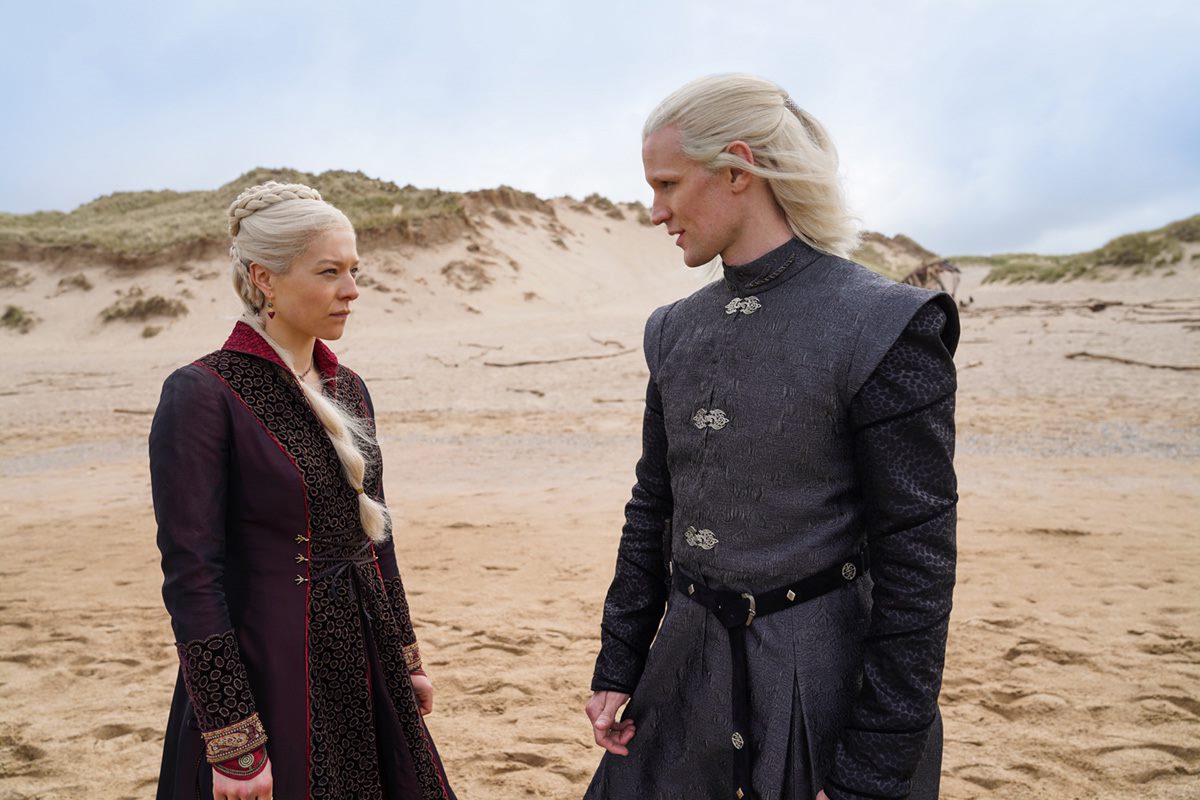
HBO Max brings together content from a number of different sources, including third parties such as Comedy Central and Studio Ghibli, together with HBO’s parent company Warner Bros, which, of course, owns major assets such as Friends and The Big Bang Theory.
HBO’s own impressive back catalogue includes such gems as Game of Thrones, The Sopranos and Sex and the City. Added to that will be movies from HBO Films and Cinemax, plus a wealth of original programming.
Already announced are The Peacemaker, the spin-off series from DC Comics’ recent movie The Suicide Squad, and House of the Dragon, the long-mooted Game of Thrones prequel.
This drive on original programmes will help fine tune the service. As well as territory-specific commissions, the platform has its sights on “a more sustained cadence of female programming”, explained Bloys, following on from Big Little Lies and The Undoing, plus more adult animation to appeal to young males.
As a package, these rich sources provide “a really attractive offering for somebody who is choosing to get their entertainment this way, as opposed to through cable”, he said.
Gapper noted that the service had been criticised for bringing together a clash of brands, but Bloys suggested that a broad choice was in keeping with audience expectations: “When you think about HBO historically, distributed through cable bundles, we were always next to other channels that weren’t doing what we were doing, and that was OK.
“I think that people who enjoy watching HBO enjoy watching other kinds of programming. The biggest goal here is to preserve what we’re able to do on HBO in a future where digital distribution is key.”
Session Nineteen: ‘Global leaders keynote: Casey Bloys’. The chief content officer for HBO and HBO Max was interviewed by John Gapper, business columnist of the Financial Times. The producer was Helen Scott. Report by Shilpa Ganatra.

